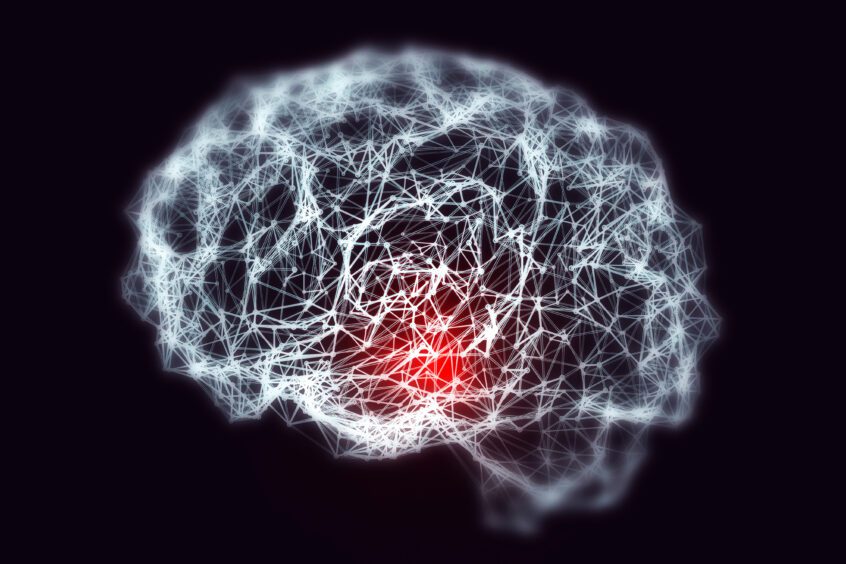According to AARP, more than 10,000 baby boomers are turning 65 every day. That makes a recent study led by researchers at the Johns Hopkins Bloomberg School of Public Health and published in the Journal of the American Medical Association more relevant than ever. This research found that older adults with more severe hearing loss were more likely to have dementia, but the likelihood of dementia was lower among hearing aid users compared to non-users.
The analysis in the study covered 2,413 individuals, about half of whom were over 80 and showed a clear association between severity of hearing loss and dementia. The study analyzed a nationally representative dataset from the National Health and Aging Trends Study (NHATS). The NHATS has been ongoing since 2011 and used a sample of American Medicare beneficiaries over age 65.
In the study, 33.5% of the participants had normal hearing, 36.7% had a mild hearing loss and 29.8% had a moderate to severe hearing loss.
The prevalence of dementia among the participants in the study with moderate to severe hearing loss was 61% higher than prevalence among participants who had normal hearing. The use of hearing aids was associated with a 32% lower prevalence of dementia in the 853 participants who had moderate to severe hearing loss.
Hearing loss is a critical public health issue affecting two-thirds of Americans over 70. The growing understanding that hearing loss might be linked to the risk of dementia, which impacts millions, and other adverse outcomes has called attention to implementing possible strategies to treat hearing loss.
How hearing loss is linked to dementia isn’t clear, and studies point to several possible mechanisms. This research adds to a body of work by the Cochlear Center for Hearing and Public Health examining the relationship between hearing loss and dementia.
Several earlier studies have also shown a relationship between hearing loss and cognitive decline and that the use of hearing aids reduces cognitive decline.
Possible Solutions
Evidence continues to mount that hearing loss and dementia are connected, especially in the oldest patients with the most severe hearing loss. With studies such as this showing a lower prevalence of dementia in those using hearing aids, it becomes even more important that older adults have their hearing evaluated by a hearing healthcare professional, and if diagnosed with a hearing loss, consider the possibility of wearing hearing aids.
Hearing aids have been shown to improve overall quality of life, including providing improved communication, better relationships, lower rates of mental health issues, such as depression, and a better ability to be productive personally and professionally.
Associated Audiologists is staffed by doctoral-level audiologists who are familiar with the latest research and technology related to hearing loss diagnosis and treatment. Our team offers a full range of hearing aids from entry-level devices to those with the latest features, such as directional microphones and Bluetooth connectivity. Our goal is to work closely with the patient and their family to determine the patient’s hearing loss, lifestyle, needs and budget, recommending devices appropriate for the individual’s circumstances.
For more information on the connection between hearing loss and dementia, download our free e-book.
Schedule an appointment with a doctoral-level audiologist.
Reference: Alison R. Huang, Kening Jiang, Frank R. Lin, Jennifer A. Deal, Nicholas S. Reed. Hearing Loss and Dementia Prevalence in Older Adults in the US. JAMA, 2023; 329 (2): 171 DOI: 10.1001/jama.2022.20954.



